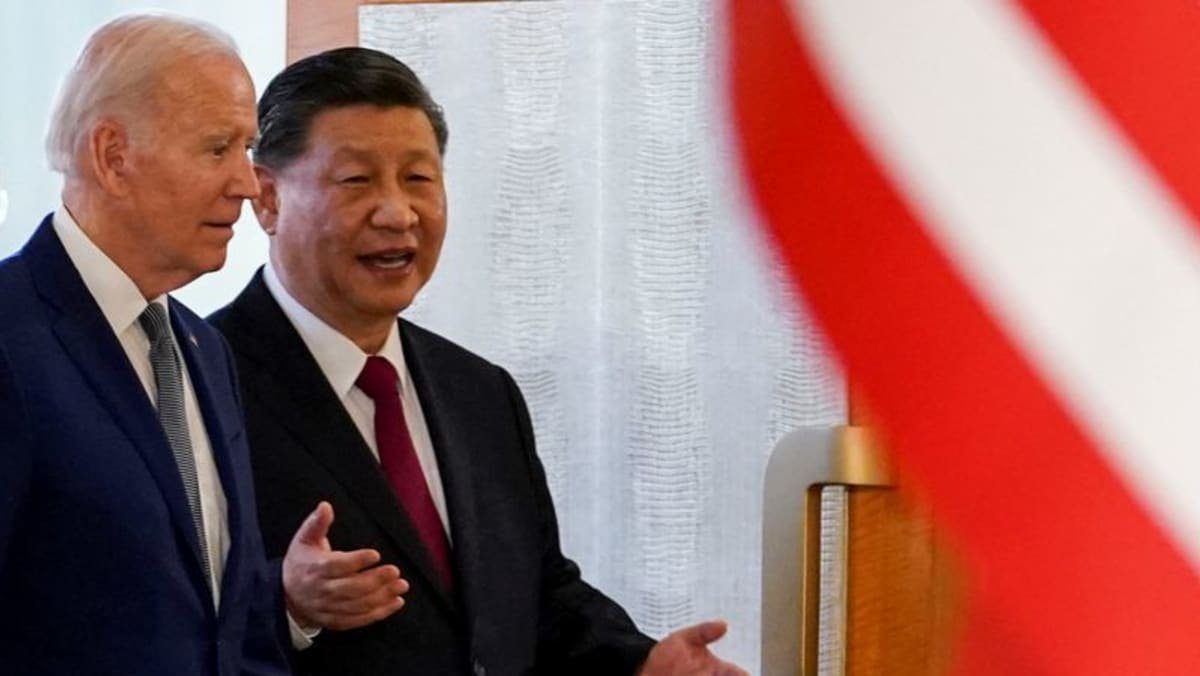Xi-Biden reunion productive but Taiwan gridlock remains: Experts
Ms Glaser said the two presidents spent much time together about a decade ago when they were both vice-presidents, and so were able to speak candidly and share their thoughts with each other.
“I think that Joe Biden really did want to re-engage directly,” she said. “He did underscore that the United States, for example, doesn’t support Taiwan independence, the US doesn’t want a Cold War, it doesn’t want to decouple with China. So those are important messages that I think Xi Jinping really did want to hear.”
The meeting was especially important given the high stakes and potential for miscalculation amid military posturing from both sides, said Ms Hsiao. “Both sides are increasingly relying on shows of military force to signal their positions.”
“A POSITION OF STRENGTH”
Ms Glaser said that while friction between a rising power and an existing power is inevitable, the competition between the US and China is in part due to different political systems.
“So the question is whether we can find some common ground on some issues to work together. And I think many of our allies and partners around the world hope that the United States and China can talk about climate change, about global health, and particularly about food security, which was also a subject that President Biden raised with Xi Jinping,” she said.
She said China has been reluctant at times to cooperate on issues, demanding concessions from the US and ridiculing the notion of guardrails to prevent competition from spiraling.
In the lead-up to the Bali meeting, Mr Biden was busy bolstering relations with allies in Asia including Japan, South Korea and Australia, and connecting with Southeast Asian leaders at the recent ASEAN summit in Cambodia.
For all the latest world News Click Here

